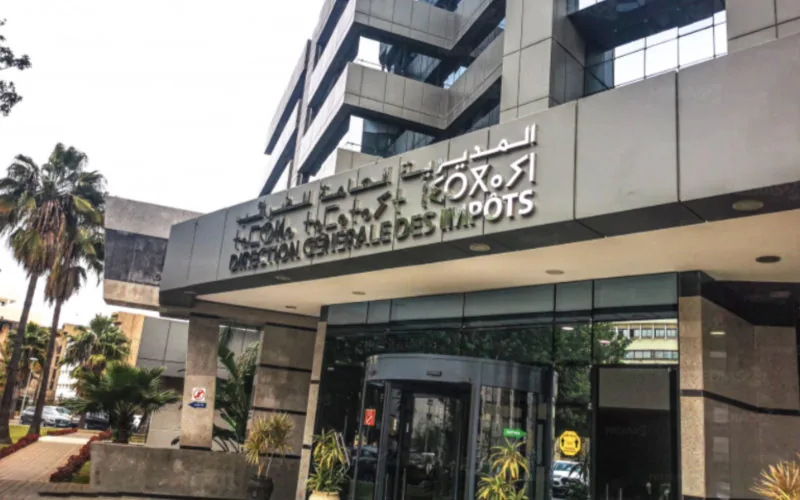Morocco’s Tax Crackdown: Tech-Driven Audits Yield 14.8 Billion Dirhams in 2024

In Morocco, the Directorate General of Taxes (DGI) is beginning to reap the fruits of the strengthening of technological capabilities, notably through the SIT module, the advanced exploitation of data, and the legislative evolution resulting from the 2024 Finance Act, which expands the scope of control to the entire tax situation of individuals.
7,674 on-site audits were carried out (+32%) and 60,831 files were examined on paper (+9%), for total revenues of more than 14.8 billion dirhams in 2024, according to the DGI in its latest report cited by Les Inspirations Éco. Specifically, 9.6 billion DH in rights were recovered as part of on-site audits, an increase of 66% compared to 2023. As for the tax situation of individuals, it represents 47% of the files audited on site, compared to 19% in 2023. This represents a clear progression. In parallel, general verifications, more comprehensive, now constitute 82% of the controls, confirming a desire for a more global approach, it is specified.
A gap between the volume of controls and the yield is observed: while the number of files processed on paper is increasing, the corresponding revenues are down 4%, to 5.3 billion DH. SMEs (classified as "other legal entities") recorded a 12% increase in their contributions (2.3 billion DH). Large companies, on the other hand, show a significant 22% decrease (1.6 billion DH), despite a larger number of files processed. As for the revenues from individuals, they remain stable, at 1.38 billion DH.
As for taxes related to real estate, the rights from the IR on land profits (IR/PF) increased by 9% to 2.1 billion DH, representing 73% of the segment’s revenues. Conversely, registration and stamp duties fell by 8% (779 million DH). This evolution reflects a strategic orientation towards the revenues generated by capital gains, considered more profitable than simple transaction acts, it is further specified.
To improve risk detection, refine targeting and automate certain control tasks, the DGI has implemented two structuring technological projects. These are the deployment of a data lake to centralize internal and external data and the gradual implementation of the electronic invoicing system. These tools are already proving their effectiveness.
Related Articles
-

Morocco’s Billion-Dirham Souk Revolution: Modernizing Tradition for Rural Prosperity
1 October 2025
-

EU-Morocco Trade Deal Expands to Sahara, Sparks Economic Shift
30 September 2025
-

Fuel Station Owners Ignite National Strike Over Black Market Crisis
30 September 2025
-

Morocco Cracks Down on Dormant Firms: Tax Evasion Crackdown Targets Inactive Businesses
30 September 2025
-

Electric Car Race Heats Up: Morocco and Turkey Vie for Europe’s EV Gateway
30 September 2025